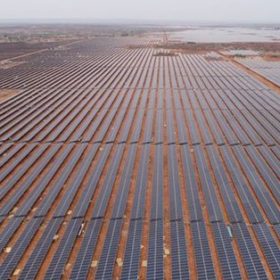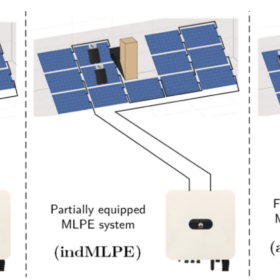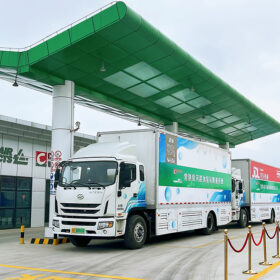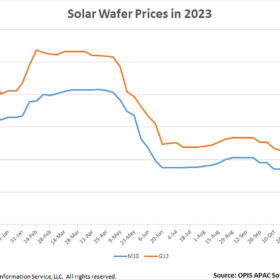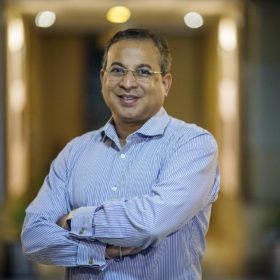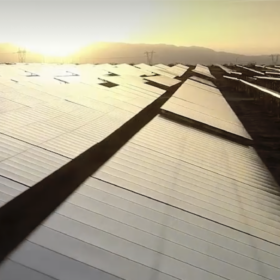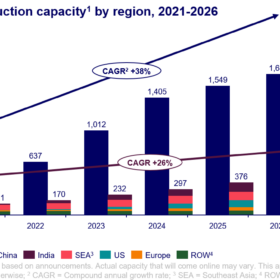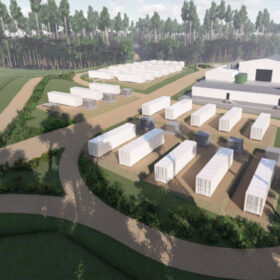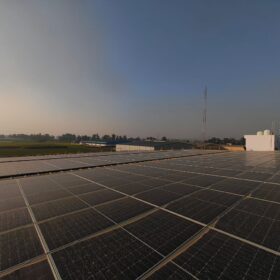Uttar Pradesh to invite bids for 7 GW of solar power projects
The state will launch a tender for 4 GW of solar projects soon, with an additional 3 GW to be auctioned subsequently.
Maximizing photovoltaic system performance: Insights on partial shading and power electronics
Optimizing PV systems in partial shading conditions presents a multifaceted challenge, demanding a comprehensive understanding of the interplay between power electronics and PV technology. Shading scenarios exert a significant influence on system performance, with practical insights tailored to various shading conditions, offering guidance for stakeholders in PV planning. Collaborative efforts within the PV industry are directed at enhancing planning tools, seeking to streamline and improve the accuracy of PV system designs, and ultimately contribute to a more sustainable energy future.
Air Liquide, Siemens Energy inaugurate their gigawatt electrolyzer factory
Air Liquide and Siemens Energy have inaugurated their gigawatt electrolyzer factory in Berlin, while Air Products says it is cementing its collaboration with Chengzhi in China.
Solar wafer prices could bottom out soon with new record lows
In a new weekly update for pv magazine, OPIS, a Dow Jones company, provides a quick look at the main price trends in the global PV industry.
Solar energy as the change maker in rural India
To scale the adoption of clean technologies in rural areas, we need to focus more on leveraging the experience of early women adopters. We should organise hyperlocal events and demos – create spaces for women to network and become aware.
Tata Power posts INR 1,017 crore profit in Q2 FY 2024
Tata Power clocked 16th consecutive quarter of net profit (profit after tax) growth with Q2 FY 2024 profit rising 9% YoY to INR 1,017 crore ($122.18 million).
Major U.S. solar developer announces recycling plans
EDF Renewables North America signs on with Solarcycle to recycle damaged or broken solar panels.
India will overtake Southeast Asia as the second-largest solar module producer by 2025
A Wood Mackenzie report forecasts China will dominate solar manufacturing through 2026, holding more than 80% of poly, wafer, cell and module manufacturing capacity for the next three years.
Hartek to venture into green hydrogen
Hartek plans to enter green hydrogen business as an EPC provider as well as a developer.
HDF Energy to produce fuel cells in France, hydrogen in 30 countries
HDF Energy has expanded its operations to make fuel cells in France. It says it plans to produce green hydrogen infrastructure for low-carbon hydrogen production and non-intermittent renewable electrical power in 30 countries throughout the world.
